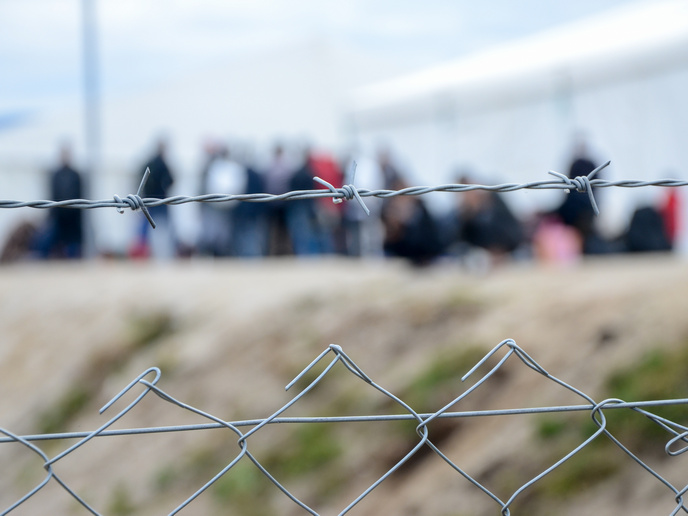Understanding the meanings of ‘home’ through young male migrants
Feeling at home and homemaking practices play a vital role in helping migrants develop a sense of belonging to the societies they live in. While these factors are important, research into how men experience ‘home’ and the process of homemaking is rather new in migration studies, despite male migrant youth receiving attention in public and policy discourses surrounding perceived problems of integration. On top of this, the meaning of ‘home’ as a physical or imagined site of belonging is still well debated within disciplines such as sociology. The EU-funded YOUTH HOME(opens in new window) project, with the support of the Marie Skłodowska-Curie Actions (MSCA) programme, led by Mastoureh Fathi, MSCA Fellow, and Caitríona Ní Laoire, project supervisor, set out to address this knowledge gap. “We sought to understand what ‘home’ means for young male migrants from two groups: international students and refugees, aged 18 to 35, in Cork, Ireland,” confirms Fathi. To do this, the project collected in-depth ethnographic data from the two groups using an innovative methodology involving activities such as walking interviews in Cork.
Achieving greater insights
“We discovered that there is much similarity in how ‘home’ is experienced and understood in migration by young men, regardless of their status. This is due to their visibility and provisional status as migrant men in a European city, and the associated discriminatory implications they experience as a result,” explains Ní Laoire. Therefore, their experiences of living in Cork are ‘provisional and temporary’. “We also learnt that their domestic spaces are more important to them than public spaces regarding their understanding of ‘home’.” A recently published article(opens in new window) details how domestic space is used by the study participants as a temporary place of belonging while much of their homemaking is focused on possibilities of an ‘aspired’ home in the future. “Additionally, we found that young male migrants live in the city(opens in new window) in a rather solitary way. They move between marginal and central spaces, but their narratives revealed that their presence in public spaces is often solitary, instrumental and limited by material circumstances,” highlights Fathi. Through the project’s research, the concept of spatial security – where the security derived from an emotional attachment to a place along with the formal right to residence provide the possibility of feeling at home in a place – was developed. “Our research highlighted the ways in which migration deprives young male migrants of this sense of spatial security in the here-and-now. However, despite these, they develop provisional attachments to, and through, the city, in their everyday lives, thus presenting an alternative narrative about urban homemaking,” notes Ní Laoire.
Rethinking ‘home’
YOUTH-HOME has shown the value of focusing on ‘home’ and homemaking in understanding the lived realities of everyday life of young male non-EU migrants in European cities. “It has also highlighted the effects of restrictive migration policies along with other social factors in provisionally producing and reducing spatial security. It foregrounds the everyday urban homemaking stories of migrants, thus disrupting the dominant narratives of urban belonging,” reports Ní Laoire. Migrant integration policies at the city level can also benefit from knowledge about the isolating and marginalising effects of the city’s social fabric for young single migrant men from outside the EU. “This is in terms of housing supply, lack of public social spaces and reliance on commercial recreation and consumption, and how these factors are exacerbated by the insecurity produced through restrictive migration regimes at national and EU level,” concludes Fathi.







